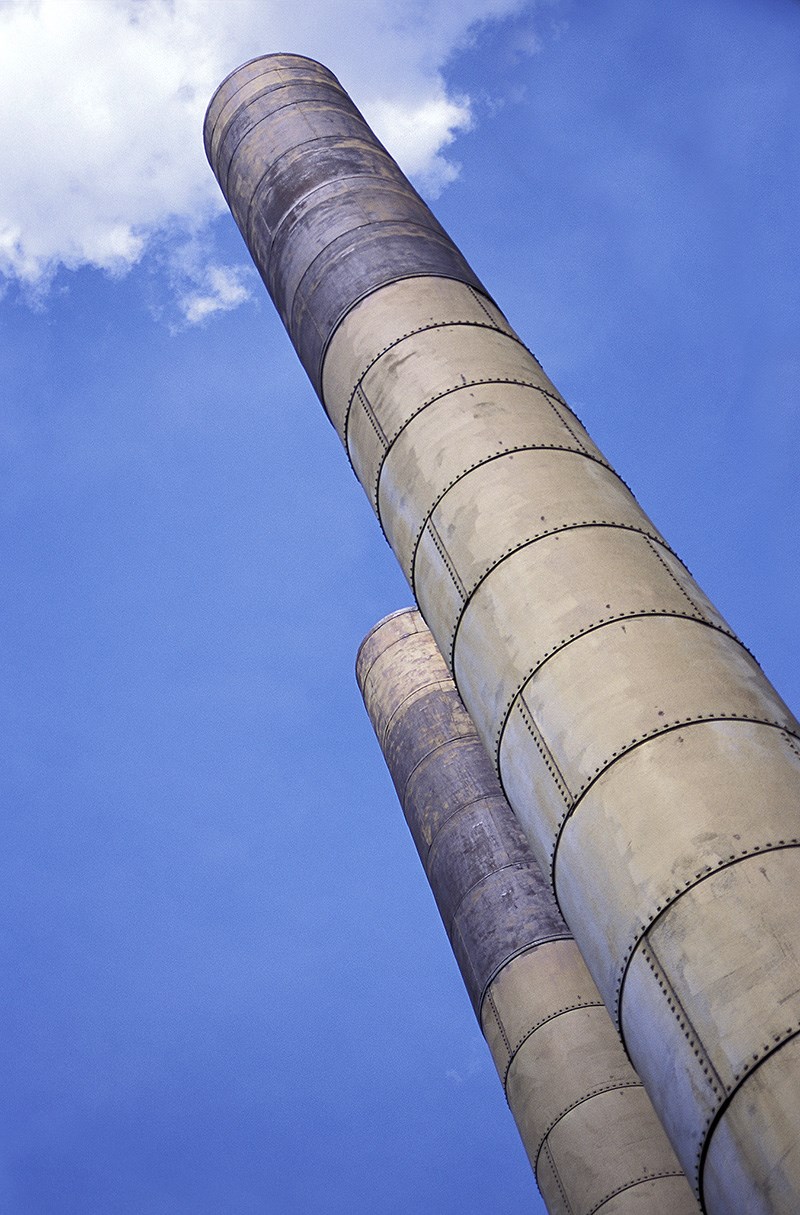The Editor,
Re. “Taking action against climate change” (Green Scene, The Tri-City News, Nov. 6).
As the UN Conference on Climate Change in Paris approaches, it was to be expected that we would see climate alarmist stories appearing in the press. An example is that of Elaine Golds’ Green Scene column.
Ms. Golds tells us that we can expect a 5 C change by 2100 but this is a worst-case scenario predicted by a computer model. The current rate of warming as measured by satellites will lead to an increase of about 0.9 C by 2100. What the satellites tell us is reality; what models tell us is, at best, a wild guess.
Let me illustrate. A computer model takes mathematical equations of physical properties, applies initial conditions and projects the future. It should also reproduce the past. But we don’t know the entirety of the mathematics, nor the initial conditions. Guesses of both inevitably mean that each iteration of the model (e.g. each year) amplifies the errors of the previous iteration. In sum, models are useless for a chaotic system such as climate.
Similarly, sea level rise will not be inundating our coastal cities any time soon, if ever. The current rate of sea level rise is 3 mm a year (roughly the same as when we started measuring it). Sea level rise is not only dependent on ice melt but also on tectonics. We just don’t know the dominant factors.
Which brings me to the crux of the matter that divides sceptics from climate zealots: To what extent are humans the dominant factor? Yes, climate changes — the temperature is rising, sea levels are creeping up — but no one can say to what extent these are anthropogenic (caused by us). Temperature and sea levels have been rising since the last ice age.
A major barrier to logical discussion climate is the blind faith of the climate alarmists in what they have been told, rather than thinking it through themselves. Ms. Golds tells us that an increase in carbon dioxide (a.k.a., plant food) and temperature will lead to starvation. Think about that. Better growing conditions will cause starvation.
I would also ask Ms. Golds why she thinks China, which is rapidly building new power stations and has under-reported its coal consumption by billions of tons, has “already reduced its consumption of coal.” Finally, I would ask Prime Minister Justin Trudeau and President Barack Obama to use some common sense in Paris.
Martin Cregg-Guinan, Coquitlam



